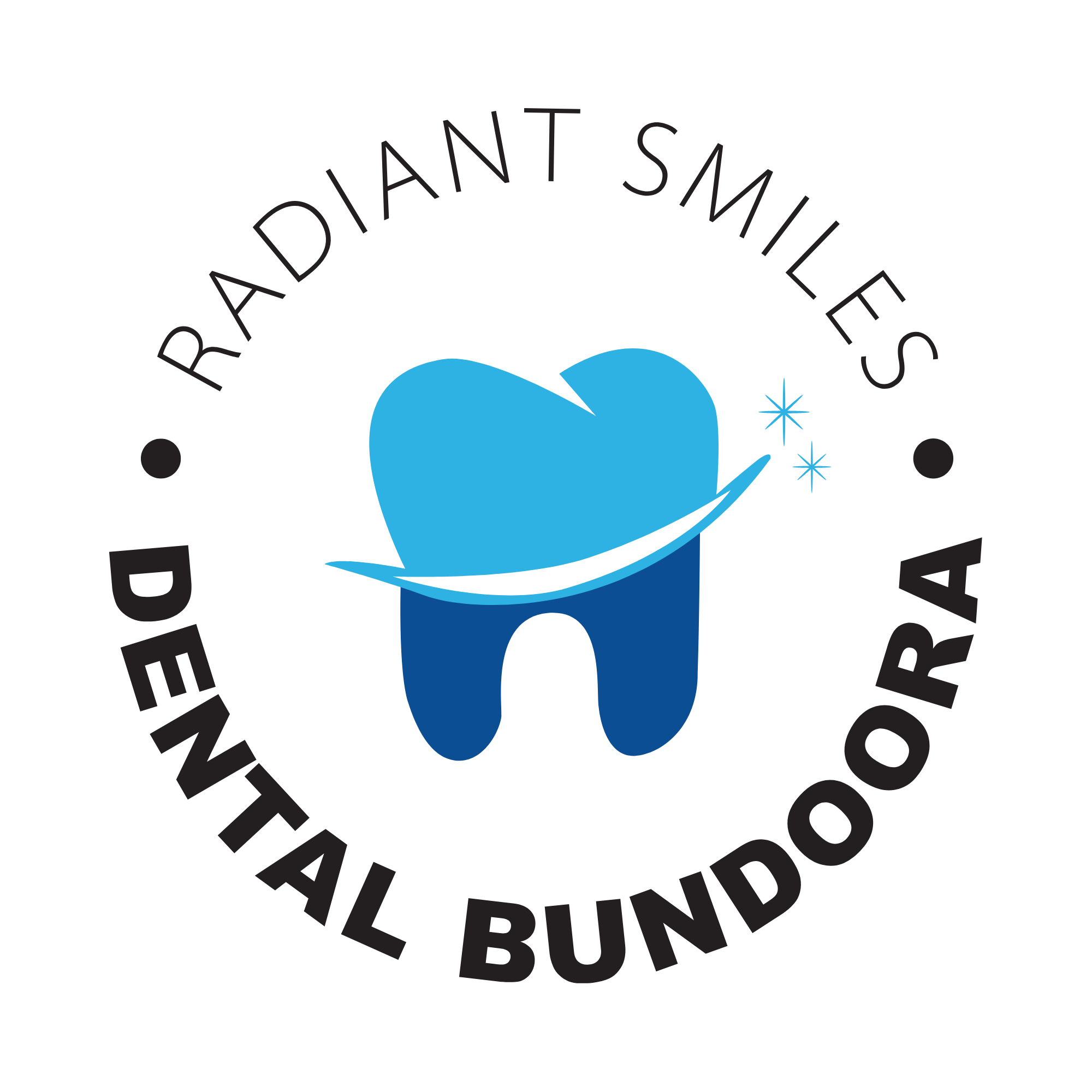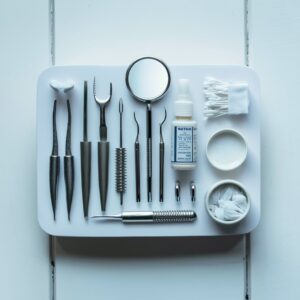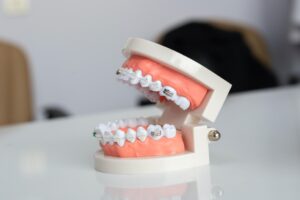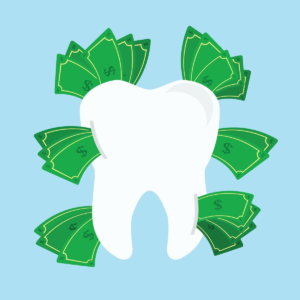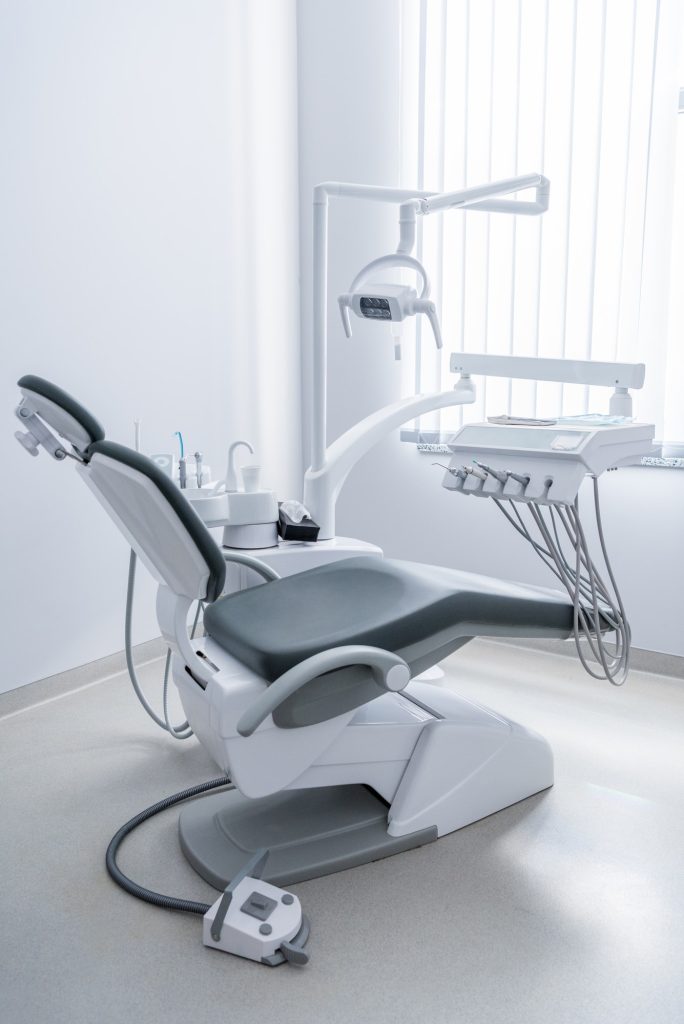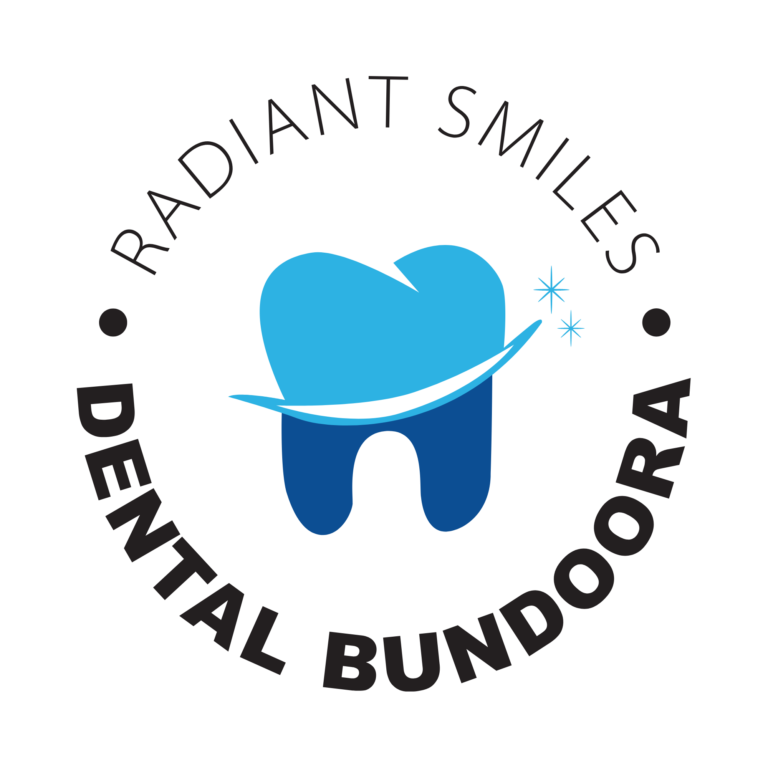One of the most common dental emergencies is a broken tooth. While teeth are strong and intended to last a lifetime, they can break.
When a tooth breaks, it is essential to see an emergency dentist as soon as possible. A broken tooth can lead to severe complications if left untreated, including infection and tooth loss.
Understanding the most common broken teeth causes can help you prevent tooth breakage and protect your oral health.
Common Broken Teeth Causes: Tooth Decay
Severe tooth decay is a common dental emergency and can lead to broken, fractured or cracked teeth. Tooth decay can be caused by several factors, including poor dental hygiene and eating sugary foods.
When tooth decay occurs, the enamel (the outer layer of the tooth) breaks down, exposing the dentin (the inner layer of the tooth). This can cause pain, sensitivity, and eventually infection.
If left untreated, tooth decay can lead to serious dental problems. If you think your teeth are damaged due to decay, you must see an emergency dentist as soon as possible to prevent infection and tooth loss.
Common Broken Teeth Causes: Multiple Fillings or Restorations
Another common cause of broken teeth is receiving multiple fillings or restorations.
 After repeated dental procedures, your tooth structure can weaken and eventually break. If the break exposes the pulp, it should be treated as a dental emergency.
After repeated dental procedures, your tooth structure can weaken and eventually break. If the break exposes the pulp, it should be treated as a dental emergency.
When you see an emergency dentist, they will take X-rays to determine the extent of the damage and recommend a treatment plan.
If you have multiple fillings or restorations, it is essential to regularly visit a dentist and monitor the health of the underlying tooth to avoid further damage to your teeth and gums.
Common Broken Teeth Causes: Trauma
Perhaps the most common cause of broken teeth is physical trauma to the mouth. Sporting activities can lead to these dental injuries, particularly among children and adolescents. Falls, car accidents, and blows to the face can also lead to broken teeth.
Wearing a mouthguard while playing sports can help to protect your teeth from trauma, while safe driving habits and seatbelt use can prevent tooth damage during car accidents.
You should visit an emergency dentist for immediate treatment if you have broken a tooth due to a sports injury, car accident, fall, or another traumatic event. Promptly treating this type of dental emergency can save your tooth.
Common Broken Teeth Causes: Bruxism
Bruxism is the clenching or grinding of teeth, typically occurring at night. It is a common condition that affects both children and adults; approximately 50% of people periodically grind their teeth, and 1 in 20 cases is severe.
Although bruxism does not always cause pain, it can lead to several dental problems, such as tooth wear, tooth sensitivity, and jaw pain. In severe cases, it can even result in a broken tooth. Bruxism can place around 250 pounds of force on your teeth and jaws, compared with about 75 pounds of pressure exerted during normal chewing.
Treating bruxism typically involves lifestyle changes and using a mouth guard. In severe cases, surgery may be necessary to realign the teeth.
Common Broken Teeth Causes: Aging
As we age, our teeth become more susceptible to breakage. The enamel that protects our teeth begins to wear down, making them more likely to chip, crack, or break.
Tooth decay due to ageing weakens the enamel and makes it more likely to break under the stress of chewing. It is increasingly important for seniors to take care of their teeth and see a dentist regularly to prevent fracturing their teeth.
Is a Broken Tooth a Dental Emergency?
Depending on the type of break and the symptoms involved, a broken tooth can be a serious dental emergency. The following types of tooth breaks are dental emergencies that require attention from an emergency dentist:
- Vertical root fracture: A vertical root fracture is a break that starts at the tooth root and extends to the tooth’s chewing surface. This type of fracture is particularly dangerous because it can damage the nerve and blood supply to the tooth.
- Split tooth break: A split tooth is a break that affects both the crown and tooth root. This break is less serious than a vertical root fracture, but it can still be painful and may require treatment to prevent further damage.
- Broken cusp: A broken cusp is a break that affects only the chewing surface of the tooth. This break is usually not serious and can often be treated with bonding or a filling. However, if the break is accompanied by pain, swelling, or bleeding, it should be considered a dental emergency.
All broken teeth should be promptly treated. If it is accompanied by bleeding, swelling, a fever, or other symptoms, it may be a dental emergency that requires immediate treatment by an emergency dentist. Since it can be hard to tell the difference between a minor and severe break, you should see a dentist immediately if you have broken your tooth.
Visit an Emergency Dentist at Radiant Smiles Dental Group
At Radiant Smiles Dental Group, we know that a broken tooth can be a scary and painful experience. That’s why our emergency dentists are always available to treat patients affected by a broken tooth. Call us on (03) 9000 0537 today.
Note: Any surgical or invasive procedure carries risks. Before proceeding, you should seek a second opinion from an appropriately qualified health practitioner.
References
Cracked and Broken Teeth: Definitions, Differential Diagnosis, and Treatment
https://pubmed.ncbi.nlm.nih.gov/17696060/
Tooth Loss in Seniors
https://www.nidcr.nih.gov/research/data-statistics/tooth-loss/seniors
The Tooth Decay Process: How to Reverse It and Avoid a Cavity
https://www.nidcr.nih.gov/health-info/tooth-decay/more-info/tooth-decay-process
Cracked Teeth: Distribution, Characteristics, and Survival After Root Canal Treatment
https://pubmed.ncbi.nlm.nih.gov/26944835/
Tooth Trauma – Stat Pearls – NCBI Bookshelf
https://www.ncbi.nlm.nih.gov/books/NBK551650/
Bruxism and Its Effect on Teeth
https://pubmed.ncbi.nlm.nih.gov/265365/
[/et_pb_text][/et_pb_column][/et_pb_row][/et_pb_section]
 Now
Now